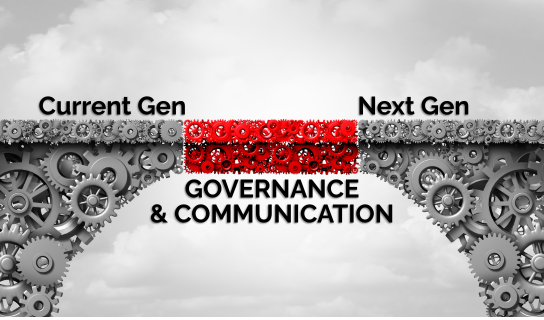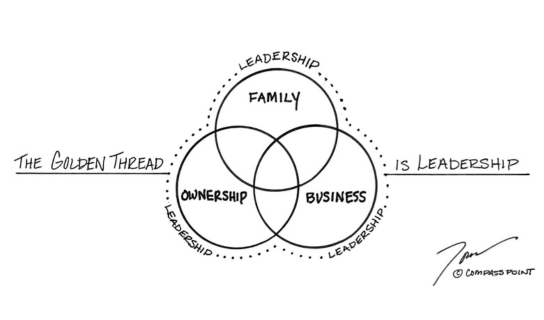LEADERSHIP
What Drives Happiness (and Performance) at Work?

The single greatest driver of happiness and performance in the workplace is the quality of your relationships.
When we are strongly bonded to those around us, know that our voice and ideas matter, and feel efficacious in bringing those ideas to reality in a well-functioning team, everything else around “satisfaction” usually falls into place.
Quality relationships matter more to most people than money, benefits, and paid vacation days. Those things are important too, but they pale in comparison to strong relationships and a dignified workplace community.
There’s much out there now in management and workplace psychology literature on ways to proactively encourage the development of workplaces like the one I described above. I write about that as well. However, in my work as a consultant and leadership mentor, I noticed that there’s very little training and support around the flip-side of those issues.
The majority of things we hate most about work are also relational – and entirely preventable. Talk to someone who loathes their job. Ask them why and most will talk about things that have to do with people, not only systems or remuneration. They will say that there’s a lack of trust, a bullying supervisor, gossipy cliques, or perhaps a few toxic personalities that operate unchecked.
Every leader needs to know how to build a positive and affirming workplace community. However, to do that well, you also need to be skilled in addressing the relational problems and challenges that interrupt the formation of the relationships we all crave.
You need to know to “lead conflict” just as skillfully, strategically, and sometimes aggressively, as you pursue the other things that matter in your work.
Like all arts, martial or otherwise, relational conflict has its own set of foundational skills. You’re unlikely to learn them by accident. You didn’t learn them in school. Some of them are not pretty or fashionable in a world where hurting someone’s feelings can be a capital offense. However, these skills are one of the factors that have always separated the mere managers from the leaders – the contenders from the pretenders.
Consider the following questions as an organizational leader:
- Is my company investing in human capital with the same level of vigor, strategy, and financial investment as other forms of organizational capital, such as technology and facilities?
- As a supervisor, can I name, train, and monitor, the skills and competencies necessary to excel in the relational domains of leadership – not only in conflict, but also proactive relationship building?
- To what extent does my organization’s strategy, systems, and staff/leadership development actively integrate and recognize excellence in relational performance – as well as technical and financial performance?
The answers to these questions will be a key predictor of success in the current marketplace. There are now approximately 10 open positions for every 5 willing workers. Job seekers have the advantage and will likely retain it for several more years to come. The best people that you are hoping to recruit and retain, will expect workplaces marked by healthy relationships as much as an opportunity to technically shine.
Companies prepared to provide that relational environment by ensuring that organizational strategies, systems, leadership development, and culture maximize relational skill-building will have a massive edge in the new economy – and also make work much more fulfilling for all.
You may also like…

BLOG | TRANSITION / SUCCESSION
Bridging Generations: Governance and Communication Ensures Long-Term Family Business Success
Working in a family can be a rollercoaster experience. It’s rewarding, exciting, and filled with purpose – but it can also get complicated, emotional, and stressful. This is why establishing proper governance in a family business is essential. Without it, the lines between family and business can blur, causing confusion, resentment, and ultimately dysfunction.
Read More
BLOG | LEADERSHIP
The Multiplier That Makes Businesses Grow
If your leadership team isn’t strong, aligned, and equipped with the right tools, how can they bring your strategy to life? The short answer: they can’t. But the good news? You can change that with this critical ingredient.
Read More
BLOG | LEADERSHIP
The Golden Thread that Binds Family, Business, and Ownership
The most successful family businesses don’t leave leadership development to chance. They recognize that leadership isn’t just about a single person at the top – it’s about building a system that supports leadership at every level – and through each of the 3 domains of a family business. It truly IS the golden thread that binds.
Read MoreWhere Family Businesses Come to Grow & Learn
At Compass Point, we make it easy to get insights, training, tools, and articles straight to your inbox and help family business owners and their team continue to grow, learn, and lead.


